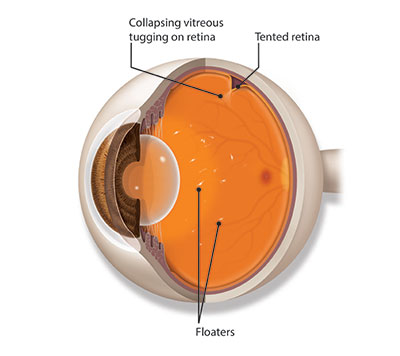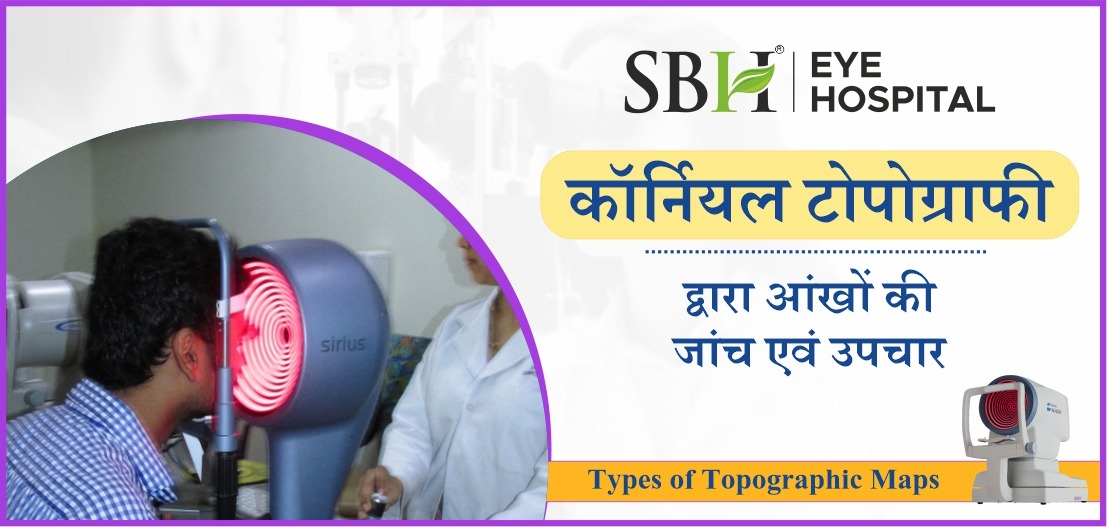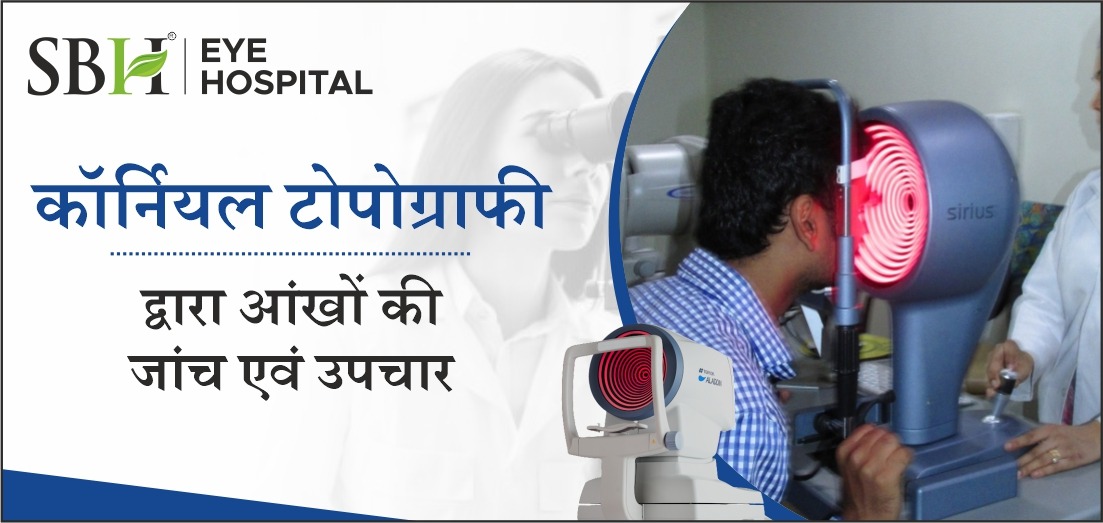Know All About Floaters
What are floaters?
In your field of vision tiny “cobwebs” or specks that float about are known as floaters. They are usually dark, small, shadowy shapes that can resemble thread-like strands, spots, or squiggly lines. When you try to look at them directly, they move with your eyes’ movement and seem to dart away. Floaters do not follow your eye movements exactly, and usually drift when your eyes stop moving.
Who develops floaters?
Most people develop floaters and learn to discount them; they go usually unnoticed until they become numerous or more prominent. Floaters can become potentially apparent while looking at something bright, such as a blue sky or a white paper.
What causes floaters?
Floaters occur when the vitreous, a gel-like substance, filling about 80 percent of the eye and nourishing the eye to earn a round shape, slowly shrinks.
With the vitreous shrinking, it becomes somewhat stringy, and the strands can throw little shadows on the surface of retina. These are floaters.
In most cases, floaters are considered to be the normal part of one’s natural aging process and just an annoyance. Initially, they can be distracting, but eventually they tend to “settle down” at the bottom of the eye, becoming less irksome. They generally settle below the line of sight and do not go away entirely.
Nevertheless, more grave causes of floaters can stem out, owing to infection, inflammation (uveitis), retinal tears, hemorrhagcs, and injury to the eye.
What's the treatment for floaters?
For people having floaters that are simply bothersome, no treatment regimen is recommended.
On rare occasions, when floaters become dense, frequent and numerous that they pointedly affect vision. Under such cases, a vitrectomy - a surgical procedure that removes floaters from the vitreous, may be called for management.
With a vitrectomy, the vitreous gel, along with its floating debris, is removed from the eye. The vitreous is substituted with a salt solution. One will not notice any change between the salt solution and the original vitreous as the vitreous is mostly water.
On account of possible complications, this surgical intervention bears significant risks to one’s sight, which include retinal detachment, retinal tears, and cataracts. Due to this grim reality, most eye surgeons feel reluctant to normally recommend this surgery unless the floaters seriously impede one’s vision.
Am I at risk for floaters?
As we age and have very nearsightedness, diabetes, or who have had a cataract operation in our kitty, we are more likely to develop floaters.





